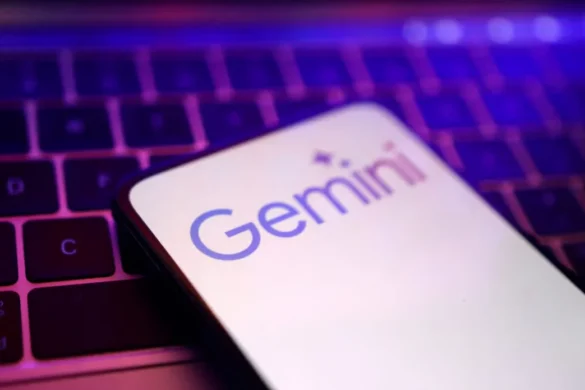Indian electronics engineer Siddharth Pandey will become a millionaire after the country’s biggest ever public issue, but he says he had to overcome his father’s opposition to join fintech firm Paytm when it was a fledgling start-up nine years ago.
About 350 current and ex-employees will each have a net worth of at least 10 million Indian rupees ($134,401.38) after Paytm’s $2.5 billion IPO, a source in the company told Reuters. Many, like Pandey, will become dollar millionaires when the company lists next week.
Those rewards are huge in a country where the per capita income is below $2,000.
Pandey, now 39, is no longer with the company and is working at another start-up that he declined to identify. But he says his seven-year stint at Paytm left him with tens of thousands of shares.
He declined to give details, but the shares were priced at 2,150 rupees ($28.9) apiece on Friday. Pandey said he would be worth more than $1 million.
“My dad was very demotivating. He said, ‘What is this Paytime?!’,” Pandey told Reuters, referring to the time he joined Paytm in 2013.
“‘For once work in a company people know about,’ my father said.”
“Now he (my father) is obviously very happy. He has just asked me to stay grounded,” said Pandey, who is from Uttar Pradesh, the country’s most populous state and one of its poorest.
When Pandey joined Paytm it was primarily a small payments company with fewer than 1,000 staff. Today the firm has more than 10,000 employees and offers a range of services from banking, shopping, movie and travel ticketing to gaming.
To celebrate, Pandey says he took his father on a five-day luxury trip to Udaipur, a popular tourist destination in the desert state of Rajasthan in September, spending roughly 400,000 rupees ($5,376).
“Paytm has always been a generous paymaster. Vijay (Sharma, the Paytm founder) has always wanted that people make money, they move up in life,” Pandey said.
Married and with two children, he says that the windfall will allow him to work in startups where he is not entirely focused on his income or even help him get back into academics.
“Part of the money goes into my retirement fund and I will use a large part of it for my kids’ education,” he said.
REUTERS




